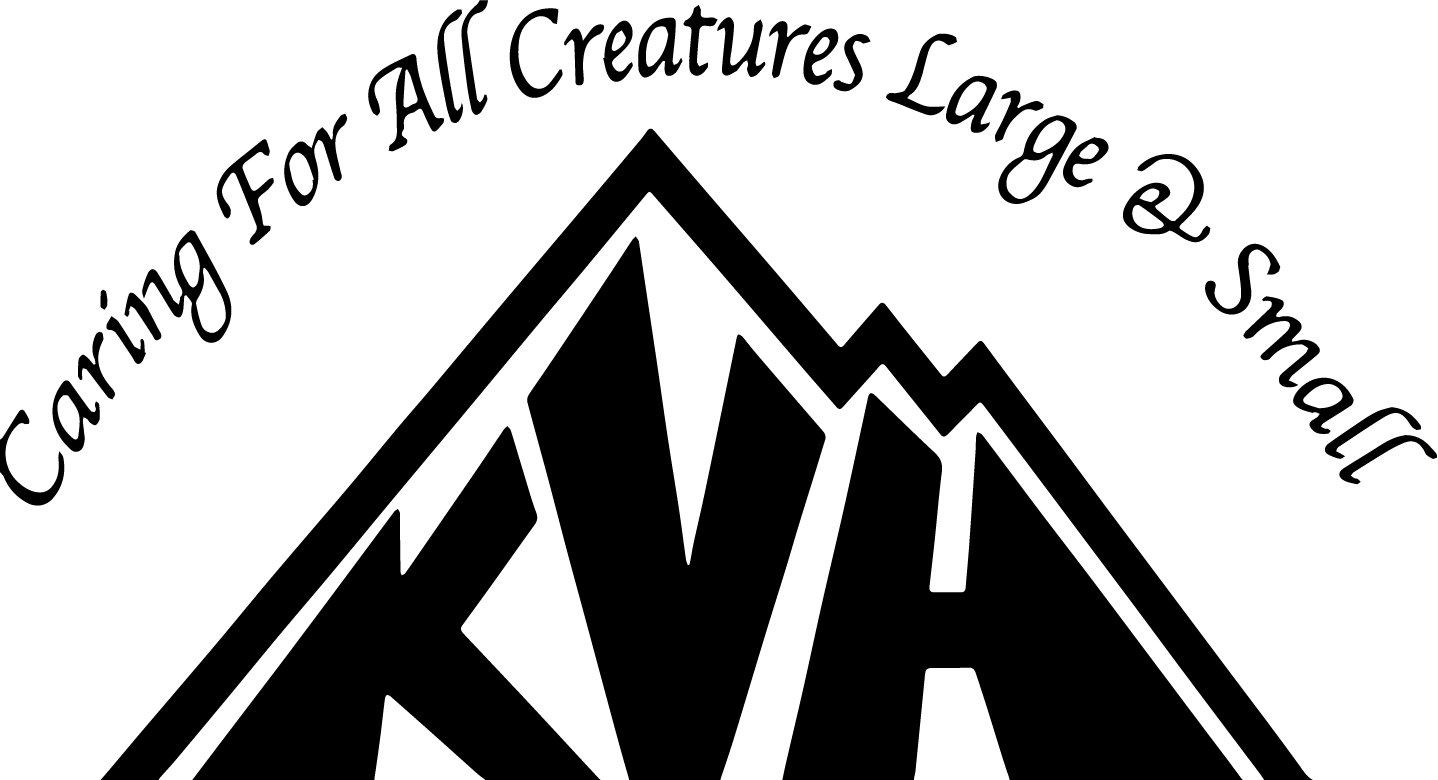By Dorrie Jordan, DVM
The winter holidays are coming; so are the potential hazards associated with them. Be prepared in advance to protect your dog or cat and prevent emergencies from occurring. Here are some issues that you can avoid.
Cold temperatures can be a problem. While our pets have fur coats, that doesn’t mean they are not susceptible to hypothermia and frostbite. Pets, which are outside, need weatherproof shelters from the wind, rain and cold, as well as extra bedding and possibly some increased calories to keep warm. Indoor pets, which venture outside, should not be left out for long periods in inclement weather.
Antifreeze can be lethal for cats and dogs when ingested and not treated within a few hours. It has a pleasant taste which attracts animals. As little as a teaspoonful for a cat can be fatal. Throughly clean up any spills which might occur and store antifreeze in tightly closed containers. Propylene glycol is a safer form of antifreeze but can still cause problems if ingested in large quantities.
Ice melting products may be irritating to the mouth and skin.
Rodent killers are very dangerous for cats and dogs and should be placed in ares that are completely inaccessible to a dog or cat.
Foods that may be plentiful around the holidays and can cause toxic problems for pets include alcoholic beverages, chocolate (especially baker’s chocolate), coffee beans/grounds/chocolate covered espresso beans, spoiled or moldy foods, onions, fatty foods, salt, yeasty dough.
Holiday plants which are toxic, if ingested, include lilies, poinsettias, mistletoe and holly. Pet proof your Christmas tree. Dogs and cats will drink water from the tree stand, which may contain fertilizers or bacteria, causing stomach or intestinal problems. Chewing on electric cords are another potential problem. Ribbons or tinsel are attractive to cats, especially, and can cause major intestinal problems, if ingested. Batteries contain acids which cause ulcers in the mouth and throat, if dogs bite them. Ornaments can be eaten and cause major problems.
Potpourris are more popular during the holiday season. These contain oils, which can result in severe damage to the mouth, nose and eyes. Dry potpourris are less toxic but can still cause problems as foreign bodies , if they are eaten.
Human medications should always be keep out of reach of pets. Prescription or over the counter medications are frequently toxic to pets and should not be given to them without directions from your veterinarian.
Accidents happen so be prepared with your veterinarian’s phone number, the local veterinary emergency hospital and the ASPCA Animal Poison Control Center phone number(1-888-426-4435) in a convenient location

